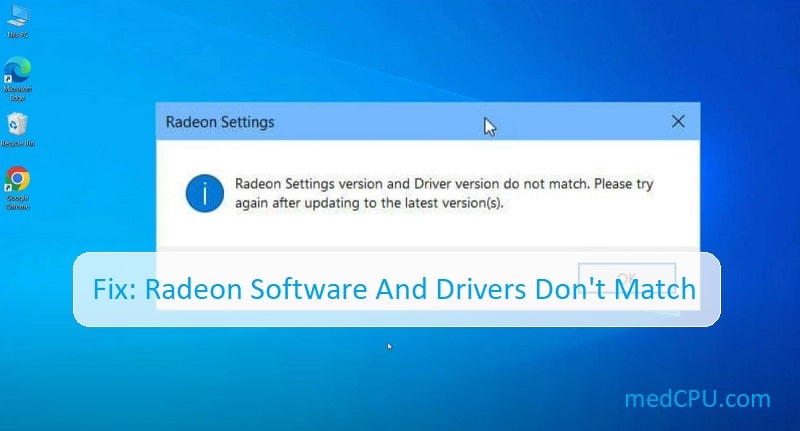What’s better? Liquid Vs Air Cooling Cpu? There is one major difference between the two kinds.
No matter what type of computer you build, you will have to cool the CPU. All desktop computers are at risk from the heat. The electronic circuits constantly generate heat within the chip.
This heat can be considered energy loss. To keep components at acceptable operating temperatures, this waste heat must be removed. Overheating can cause components to fail, decrease their lifespan, and even permanently damage them.
We’ll discuss liquid cooling vs air cooling: how they work, the pros and cons of each, and which one might be right for your setup.

Aio Vs Air Cooler
How an Air Cooling Works
It is very simple to understand how an air cooler works. Two key components are required to make it work:
- The fan
- The heatsink
Heatsinks are made from highly Thermo conductive materials such as aluminum or a combination thereof with copper.
It is designed to draw heat away from the CPU cooler. However, there are limits to how much heat a heatsink can absorb before it needs to be lost. The fan is a great tool to prevent heat buildup. It keeps the heatsink cool by spinning continuously.
Read also:
How To Clean Cpu Fan? A Complete Guide 2021
How To Clean Laptop Fan? A Complete Guide 2021
How a Liquid Cooling Works
Liquid cooling can be a bit more complicated than an air cooling system. These are:
- The pump
- The Radiator
- The hoses
- The fan
Air cooling relies on the air moving through a heatsink. Liquid cooling uses fluid to cool. Water, or any liquid coolant, is pumped through the fittings that connect to the cooling component, in this instance, the CPU. Recirculating water is not enough. The liquid also needs its heatsink.
This is exactly the function of the radiator in liquid cooling systems. To prevent the radiator from overheating, we also have a fan to cool the air that runs over it.
Water cooling vs Air cooling: Things To Consider
There are some things you should consider before buying a CPU cooler. There are many cooling options available, but they may not handle the overclock that you have in mind. It’s possible to want a specific style or a certain size. If you do, make sure you think about all these factors before making a purchase.

Cost
Your budget could dictate the cooler you purchase. If money is not an issue and you already have the best components, then you might consider buying the largest liquid cooler that you can afford.
The cheaper air cooling options may be the best option for you if you have a limited budget. They often produce similar results to liquid counterparts.
Overclocking
The way you plan on overclocking your CPU is an important factor in deciding whether liquid or air should be considered. Overclocking your CPU will increase power and heat up, leading to dangerous temperatures without a cooling system.
All-in-one cooling systems and custom cooling configurations are best for higher overclocking. However, some air coolers can do this.
Read also:
How To Lower Cpu Temp? A Complete Guide 2021
Clearance
The larger coolers may have large heat sinks that could bump into your RAM or other components. These large coolers can hang over the edge and scrape against the case doors, sometimes even stopping them from closing.
If you already have a case or purchased it, this will determine the size cooler you can get. However, if you’re still creating your build, it’s worth noting that larger cases (mid-tower) will allow you more flexibility in choosing the coolers that may work best.
If you’re a builder looking for a compact, low-profile cooler or a 120mm AIO CPU cooling unit, this cooler is the right choice.
Style
If you don’t care about how visually pleasing a CPU cooler is, air cooling might be the best option. The style is very important for builders who may use tempered glass windows or RGB components.
It is up to you to decide if a CPU cooler looks trendy or not. However, there is something about AIO closed-loop coolers which make a build stand out, especially when they are adorned with RGB specks. It’s not to say that there aren’t nice-looking air cooling units; rather, AIO coolers tend to be more striking.
Before purchasing, you should consider the following key points. But let’s get on with the business of cooling and how they work for high temperatures.
Video:
Conclusion
There you have it – the comparison between air cooling vs liquid cooling. It all depends on what you do with your computer, and how much work you expect to face.
A liquid cooling system is the best option if you are looking for quiet operation and efficient cooling. Air cooling is a great option if you’re looking for an affordable solution that can be easily installed and still provide excellent sound quality. Thank you for spending your time at Medcpu.com. We are grateful for your support.

Eyal Ephrat serves as the co-founder and CEO of medCPU.com, where technology is making significant strides in the field of medicine. Through his experience in purchasing PC and laptop equipment and various other tech products, Eyal Ephrat contributes valuable insights to medCPU’s mission.





